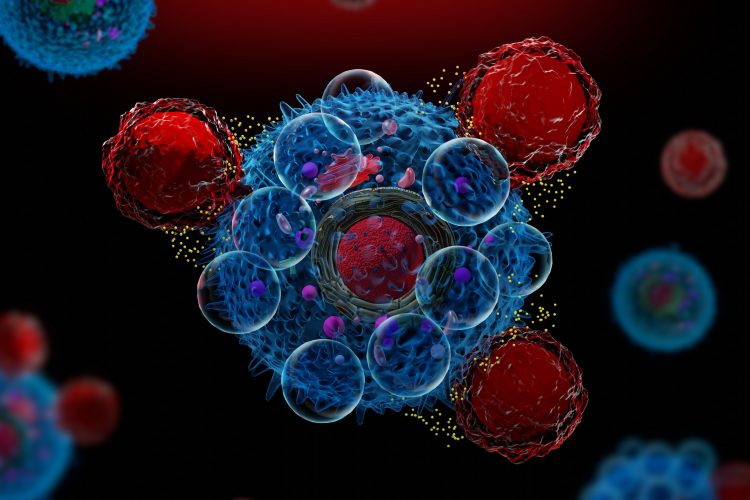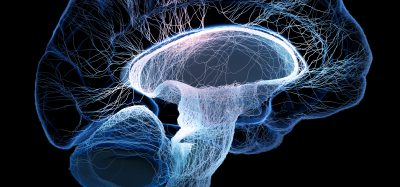Activating STING enhances CAR T-cell activity in solid tumours, shows study
Posted: 4 January 2021 | Hannah Balfour (Drug Target Review) | No comments yet
Researchers were able to eradicate breast cancer in mice when they combined CAR T cells with STING pathway agonists and immunotherapeutic antibodies.


A new study suggests that activating the STING pathway can boost the ability of chimeric antigen receptor (CAR) T cells to combat solid tumours, such as breast cancer. According to the researchers, combining their approach with other immunotherapies resulted in sustained tumour regression.
CAR T cells are a type of white blood cell that have been genetically engineered to recognise and attack cancer cells expressing specific proteins on their surface. They have been successfully used to treat patients with B cell lymphomas and are currently undergoing clinical trials for the treatment of many other types of blood cancer, but their success has been limited in those with solid tumours.
It is believed that CAR T cells are less effective against solid tumours because they must migrate into the tumours and then remain active within the tumour long enough to kill all of the cancerous cells. Additionally, the tumour microenvironment – ie, the cells and molecules surrounding tumours – are often immunosuppressive, activating an immune checkpoint that causes the CAR T cells to lose their activity.
In a new study, published in the Journal of Experimental Medicine, researchers from the University of North Carolina, US, tested strategies to boost the effectiveness of CAR T cells in a mouse model of breast cancer.
They found that simultaneously treating a murine model of breast cancer with CAR T cells and drugs to activate the STING pathway created a pro-inflammatory tumour microenvironment in which the CAR T cells were better able to accumulate and survive, enhancing their activity. According to the team, CAR T-cell accumulation was particularly great when the mice were infused with CAR T cells that produce the immune signalling molecule IL-17A.
The STING pathway is an immune cell signalling pathway that normally induces inflammation in response to invading viruses or bacteria. In the study, CAR T cells generated from Th/Tc17 cells were given with the STING agonists DMXAA or cGAMP.
The team reported that, while their approach could enhance cancer control, to achieve sustained tumour regression their technique had to be combined with immunotherapies able to deplete immunosuppressive cells from the tumour microenvironment. In their study the addition of anti-PD-1 and anti-GR-1 antibodies to CAR T cell and STING agonist therapies prevented the deactivation of CAR T cells, sustaining their attack, and led to the complete eradication of breast tumours.
“cGAMP is in clinical trials for the treatment of patients with cancer, there are multiple ongoing clinical trials using approaches to inhibit immunosuppressive cells for patients with malignant disease, and there are clinical trials currently evaluating the combination of CAR T cells with immune checkpoint blockade,” said Jonathan Serody, the Elizabeth Thomas Professor of Medicine, Microbiology, and Immunology and Director of the Cellular Therapy Program at the University of North Carolina School of Medicine. “Together therefore, our data suggest a viable strategy for boosting CAR T activity in solid tumours.”
Related topics
Antibodies, Biologics, Chimeric Antigen Receptors (CARs), Drug Development, Drug Targets, Immuno-oncology, Immunotherapy, In Vivo, Therapeutics
Related conditions
B cell lymphoma, Breast cancer
Related organisations
University of North Carolina (UNC) School of Medicine
Related people
Jonathan Serody








